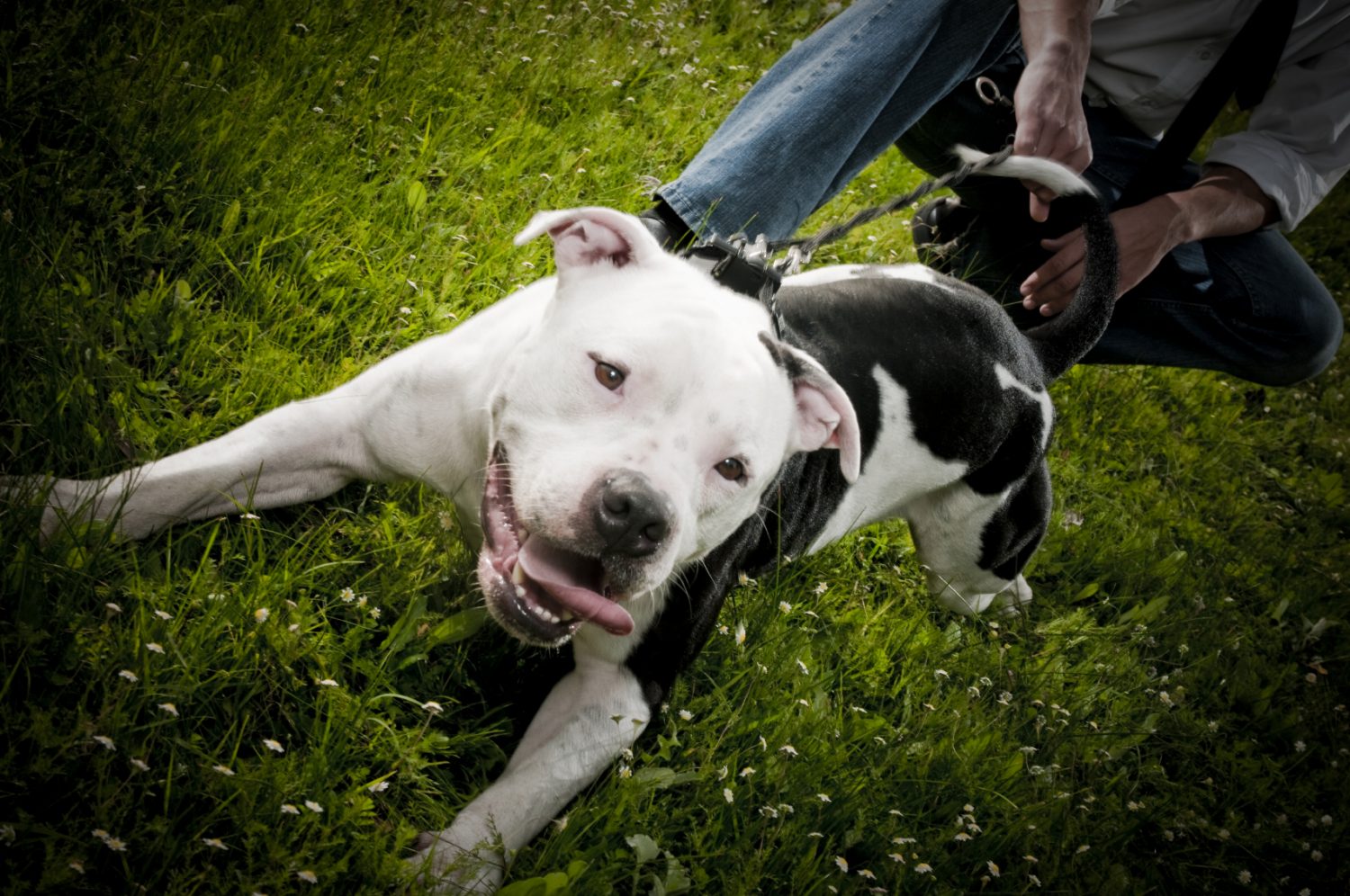Oakland Veterinary Referral Services Blog
OVRS Keeps Growing
 Oakland Veterinary Referral Services is dedicated to providing our pet patients and human clients with cutting-edge medicine and surgery capabilities. We are proud to be one of the premier emergency, specialty and referral hospitals in Michigan and are excited to share with you that we are continuing to grow.
Oakland Veterinary Referral Services is dedicated to providing our pet patients and human clients with cutting-edge medicine and surgery capabilities. We are proud to be one of the premier emergency, specialty and referral hospitals in Michigan and are excited to share with you that we are continuing to grow.
Internal Medicine at OVRS
Pets become sick or injured, and their diagnosis and treatment isn’t always easy, especially when the problem is internal. We have more medical treatment options today, but pet owners have higher expectations for the help available to cure or heal their beloved pet.
The OVRS internal medicine department is top notch and we continue to add staff, equipment and expertise. Our existing team of outstanding internal medicine specialists are all board-certified by the American College of Veterinary Internal Medicine. Continue…
Endoscopy for Pets
 Veterinary medicine has come a long way in the last few decades, mirroring human medicine more and more. We are able to provide so much more in the way of advanced diagnostics and treatments than ever before.
Veterinary medicine has come a long way in the last few decades, mirroring human medicine more and more. We are able to provide so much more in the way of advanced diagnostics and treatments than ever before.
One of the more cutting-edge technologies being utilized by specialty hospitals such as Oakland Veterinary Referral Services is endoscopy. This newer diagnostic procedure can help us to diagnose and treat pets in ways that we never could before.
What is Endoscopy for Pets?
Endoscopy is a term used to describe a procedure in which an endoscope is used to look inside of an animal. An endoscope is a small camera with a light attached. This device allows us to get a good look at places inside the body that were previously not easy to access.
There are several types of endoscopy: Continue…
Feeding Tubes for Pets
 Many pet owners are resistant to the idea of placing a feeding tube in their beloved pet. The thought of their dog or cat being “hooked up” to tubes can be scary, and placing a feeding tube sounds extreme.
Many pet owners are resistant to the idea of placing a feeding tube in their beloved pet. The thought of their dog or cat being “hooked up” to tubes can be scary, and placing a feeding tube sounds extreme.
In reality, however, feeding tube placement in animals is a very simple and helpful procedure that can help pets be stronger and healthier when they need it the most. Tube placement may be temporary or permanent depending on why it is needed and is often part of improving the quality of life for sick pets.
How Is a Feeding Tube Placed in My Pet?
There are a few types of feeding tubes that may be used. Pets who are having a feeding tube placed may receive a local anesthetic, light sedation, or a short anesthetic while the tube is placed. The most common types of tubes used at Oakland Veterinary Referral Services are: Continue…
Summer Pet Emergencies
Summer is a wonderful time of year for people and their pets. With the sunny weather, though, comes some special issues that every pet owner should be aware of. Be vigilant about potential summer pet hazards so that everyone can enjoy the season.
Animal Fights
Spending more time outdoors can mean that your pet may be confronted by another animal at some point. There are some things that you can do to help prevent unwanted encounters and prevent pet emergencies..
- Keep dogs on a leash
- Consider keeping cats indoors
- Take into account your pet’s personality before going to a dog park
- Do not allow your pet to approach another animal without the owner’s permission
Pet Cancer Prevention
 No pet owner ever wants to hear that their beloved companion animal has cancer. Unfortunately, with pets living longer than ever before, cancer is becoming a more common diagnosis than it ever before. While there is still no way to totally protect pets (or people) from developing cancer, there are steps that you can take when it comes to pet cancer prevention.
No pet owner ever wants to hear that their beloved companion animal has cancer. Unfortunately, with pets living longer than ever before, cancer is becoming a more common diagnosis than it ever before. While there is still no way to totally protect pets (or people) from developing cancer, there are steps that you can take when it comes to pet cancer prevention.
Schedule Frequent Wellness Exams
One of the most effective ways to keep your pet healthy is to detect problems early in their course. Paying close attention to changes in your pet’s habits and body can provide you with clues that something may be wrong. If you own a specific breed, familiarize yourself with any genetic predispositions to certain types of cancer so that you can be aware of subtle changes. Continue…
The TPLO Procedure for Pets
 Injuries to the cranial cruciate ligament (CCL) are one of the most common orthopedic problems seen in dogs. Similar to an ACL injury in a person’s knee, dogs often rupture or strain their CCL (for a variety of reasons), which can render the knee joint unstable for your pet. Unfortunately, this can be an extremely painful condition for your canine companion if it is not remedied.
Injuries to the cranial cruciate ligament (CCL) are one of the most common orthopedic problems seen in dogs. Similar to an ACL injury in a person’s knee, dogs often rupture or strain their CCL (for a variety of reasons), which can render the knee joint unstable for your pet. Unfortunately, this can be an extremely painful condition for your canine companion if it is not remedied.
Thankfully, dogs do not have to live their lives with this condition. There are several surgeries that can be performed in order to re-create a stable joint. For many of the dogs we evaluate at Oakland Veterinary Referral Services, the surgery of choice is the Tibial Plateau Leveling Osteotomy, or TPLO.
How a CCL Injury is Diagnosed
Most pets that have a CCL injury will have a sudden onset of a pronounced lameness in a hindlimb. Often, but not always, there is a history of intermittent problems with that leg leading up to the lameness. Continue…
Veterinary Emergency and Critical Care
 One of the most dramatic changes in veterinary medicine in the past 15 years has been the tremendous advancement in the field of veterinary Emergency & Critical Care (ECC) for pets. With the development of ECC as a veterinary specialty comes great advancements in our ability to help seriously sick and injured pets. We have made great strides in being able to save the lives of critically ill pets, who, just a few decades ago, likely would have died.
One of the most dramatic changes in veterinary medicine in the past 15 years has been the tremendous advancement in the field of veterinary Emergency & Critical Care (ECC) for pets. With the development of ECC as a veterinary specialty comes great advancements in our ability to help seriously sick and injured pets. We have made great strides in being able to save the lives of critically ill pets, who, just a few decades ago, likely would have died.
At Oakland Veterinary Referral Services we are proud to offer world-class pet Emergency and Critical Care. Pet emergencies are often unexpected, stressful, and upsetting. Our knowledgeable and compassionate expert veterinary team is prepared to help you in your time of need regardless of the seriousness of the emergency.
We are proud of the excellent veterinary emergency and critical care doctors, staff and technology that have been available to our Michigan clients the last 25 years. We hope that you feel more secure knowing that OVRS offers:
Veterinary Emergency and Critical Care When You Need It
Pet emergencies don’t happen on a schedule. They often occur on weekends, late at night, or on holidays. Our ECC services are available 24 hours a day, 7 days a week, 365 days a year. Our staff’s training and experience are centered in emergency, specialty and critical care since that is our hospital’s focus. Continue…
Pet Anxiety – Thunderstorms, Fireworks, and Your Pet
While you may think of the Fourth of July as great holiday full of fun, friends food and fireworks, your pet might not be as fond of it as you are. If your pet shows signs of fear around loud or unexpected noises, then he or she will most likely have issues with the loud bang and pop of fireworks.
Fourth of July fireworks aren’t the only thing that can cause pet anxiety this time of year, though. Spring and early summer mean storm season, too; with booms of thunder and flashes of lightning. Many pets are fearful of these loud sounds that come along with these thunderstorms.
What the Problem Is
It’s not just the noise of fireworks and thunderstorms that might spook your pet. The lights and smell of fireworks can also cause a panic, just like the flash of lightning can scare your pet. His or her first instinct is going to be to run and hide. If your pet is loose outside, their fear or panic could cause them to bolt. Continue…
TEAR Fund: Saving Lives, One Pet at a Time
As (we hope) you know, Oakland Veterinary Referral Services has founded The Emergency Animal Relief Foundation (TEAR) as a community-supported financial assistance program for the pets and pet owners of Southeastern Michigan.
 In addition to funding public education programs and research projects benefitting animals in our area, TEAR’s primary goal is to provide financial relief to pet owners in crisis by providing emergency grants of up to $500 for animals in need of veterinary care. With the support of donors and volunteers, TEAR is able to extend these grants in an effort to prolong and enrich the lives of these beloved pets and their devoted owners.
In addition to funding public education programs and research projects benefitting animals in our area, TEAR’s primary goal is to provide financial relief to pet owners in crisis by providing emergency grants of up to $500 for animals in need of veterinary care. With the support of donors and volunteers, TEAR is able to extend these grants in an effort to prolong and enrich the lives of these beloved pets and their devoted owners.
Every TEAR grant recipient has a story worth telling. And while we would like to (eventually) tell them all, we have elected to start with the stories of two recent TEAR grant recipients, Ranger and Harley… Continue…
Unexplained Weight Loss in Pets
 With over half of the nation’s pet population being obese, many times weight loss in our dogs and cats can be a good thing. Sometimes, though, when a pet’s weight loss is sudden or unexplained, it can be a sign that something is wrong. This type of weight loss should never be ignored and is important to have checked out right away.
With over half of the nation’s pet population being obese, many times weight loss in our dogs and cats can be a good thing. Sometimes, though, when a pet’s weight loss is sudden or unexplained, it can be a sign that something is wrong. This type of weight loss should never be ignored and is important to have checked out right away.
What To Do If Your Pet Has Lost Weight
If you are noticing that your pet is looking a little trimmer than usual, it is important to think about any changes that may be affecting his or her calorie intake and expenditure.
A change in your pet’s diet or activity level might easily explain weight loss. If this is the case, assess whether the weight loss was necessary or whether you need to make changes to allow for weight gain. If you are not sure, consult with your veterinarian. Continue…




